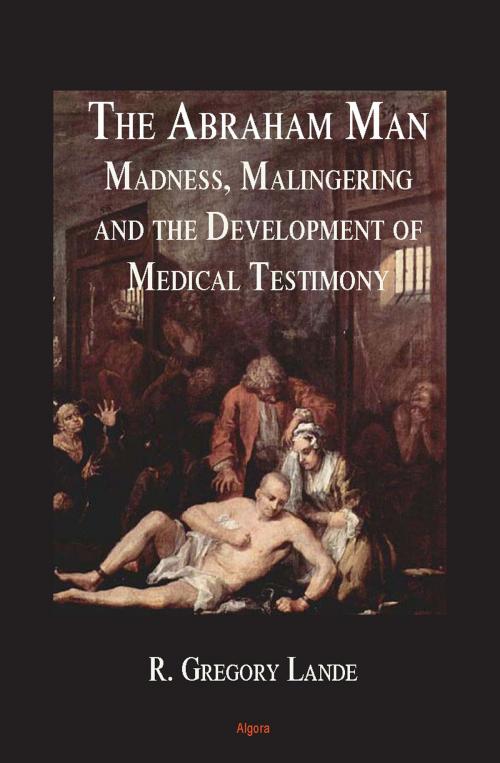The Abraham Man
Growth and Development of Forensic Psychiatry
Nonfiction, Health & Well Being, Psychology, Forensic Psychology| Author: | R. Gregory Lande | ISBN: | 9780875869384 |
| Publisher: | Algora Publishing | Publication: | December 15, 2009 |
| Imprint: | Algora Publishing | Language: | English |
| Author: | R. Gregory Lande |
| ISBN: | 9780875869384 |
| Publisher: | Algora Publishing |
| Publication: | December 15, 2009 |
| Imprint: | Algora Publishing |
| Language: | English |
Some of the most celebrated civil and criminal trials in American history were argued under the shadow of the Abraham Man. Readers will delight in the detailed stories of long forgotten legal cases which bring the antics of the Abraham Man to life. Through the process, readers will follow the careers of notable Civil War surgeons whose post-war professional development shaped the future of modern mental health care. In addition, the reader will learn about the promise of the asylum movement, prominent practitioners of the era, the politics, and eventual decline of institutional mental health care.
Both readers and libraries will find The Abraham Man a refreshing, authoritative text replete with primary source documentation. The engaging narrative deftly weaves the history of science in the 19th century with evolving trends in legal practice. Throughout this period, the budding relationship between doctors and lawyers fashioned the foundation of modern medical legal practice. At every step along the path the Abraham Man sowed confusion and controversy, paradoxically contributing to more rigorous medical practice.
The book will clearly tap into the publics modern fascination with forensic medicine. Professional readers, such as lawyers, doctors, and psychologists, will find The Abraham Man a valuable historical reference which still rings true after 150 years. Civil War aficionados will discover a fresh perspective and the rest of the story about some famous soldiers. Medical history buffs will be enlightened by the devices and stratagems doctors employed to uncover malingering, in many cases the fore runners of modern diagnostic technologies.
Some of the most celebrated civil and criminal trials in American history were argued under the shadow of the Abraham Man. Readers will delight in the detailed stories of long forgotten legal cases which bring the antics of the Abraham Man to life. Through the process, readers will follow the careers of notable Civil War surgeons whose post-war professional development shaped the future of modern mental health care. In addition, the reader will learn about the promise of the asylum movement, prominent practitioners of the era, the politics, and eventual decline of institutional mental health care.
Both readers and libraries will find The Abraham Man a refreshing, authoritative text replete with primary source documentation. The engaging narrative deftly weaves the history of science in the 19th century with evolving trends in legal practice. Throughout this period, the budding relationship between doctors and lawyers fashioned the foundation of modern medical legal practice. At every step along the path the Abraham Man sowed confusion and controversy, paradoxically contributing to more rigorous medical practice.
The book will clearly tap into the publics modern fascination with forensic medicine. Professional readers, such as lawyers, doctors, and psychologists, will find The Abraham Man a valuable historical reference which still rings true after 150 years. Civil War aficionados will discover a fresh perspective and the rest of the story about some famous soldiers. Medical history buffs will be enlightened by the devices and stratagems doctors employed to uncover malingering, in many cases the fore runners of modern diagnostic technologies.















